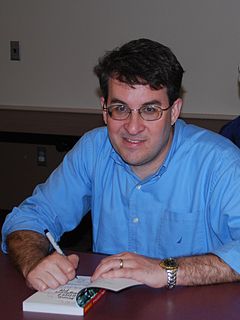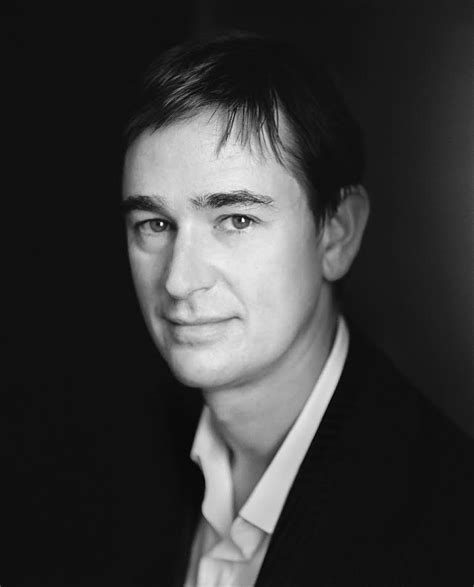A Quote by Greg Gutfeld
It's the great deception in modern culture: Bad things call for noble names to cloak their evil outcomes.
Related Quotes
I don’t think it should be socially acceptable for people to say they are “bad with names.” No one is bad with names. That is not a real thing. Not knowing people’s names isn’t a neurological condition; it’s a choice. You choose not to make learning people’s names a priority. It’s like saying, “Hey, a disclaimer about me: I’m rude.
A faith in culture is as bad as a faith in religion; both expressions imply a turning away from those very things which culture and religion are about. Culture as a collective name for certain very valuable activities is a permissible word; but culture hypostatized, set up on its own, made into a faith, a cause, a banner, a platform, is unendurable. For none of the activities in question cares a straw for that faith or cause. It is like a return to early Semitic religion where names themselves were regarded as powers.
True names,” said September wonderingly. “These are all true names. Like, when your parents call you to dinner and you don’t come and they call again but you still don’t come, and they call you by all your names together, and then, of course, you have to come, and right quick. Because true names have power, like Lye said. But I never told anyone my true name. The Green Wind told me not to. I didn’t understand what he meant, but I do now.
What is the most fascinating kind of self-deception to me, and a kind that isn't necessarily unhealthy, is what Friedrich Nietzsche called "strategic self-deception." The kind of self-deception that you can engage in with your eyes wide open. You do it because you say, "There's things that I couldn't accomplish without this kind of self-deception."
Justice demands that the good and hard-working be rewarded and the evil and the lazy be punished (if only by the withholding of the rewards of doing the right things). Modern Liberalism demands that the good and hardworking be punished as the recipients of an unfair advantage and the evil and the lazy be rewarded, their acts of evil and their failure all the proof the Modern Liberal needs that somehow they have been victimized by forces out of their control.
There's always the same amount of good luck and bad luck in the world. If one person doesn't get the bad luck, somebody else will have to get it in their place. There's always the same amount of good and evil, too. We can't eradicate evil, we can only evict it, force it to move across town. And when evil moves, some good always goes with it. But we can never alter the ratio of good to evil. All we can do is keep things stirred up so neither good nor evil solidifies. That's when things get scary. Life is like a stew, you have to stir it frequently, or all the scum rises to the top.



































